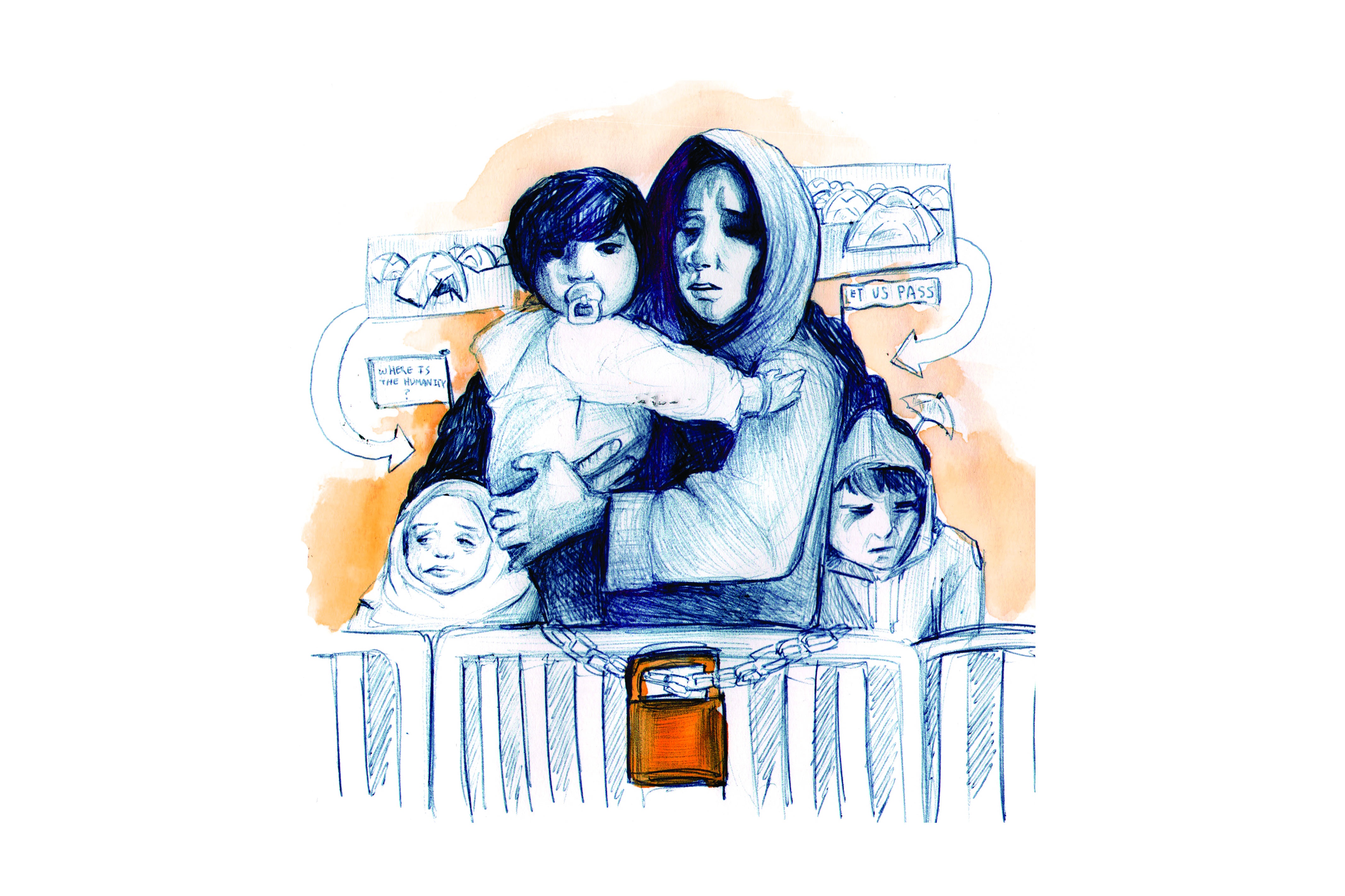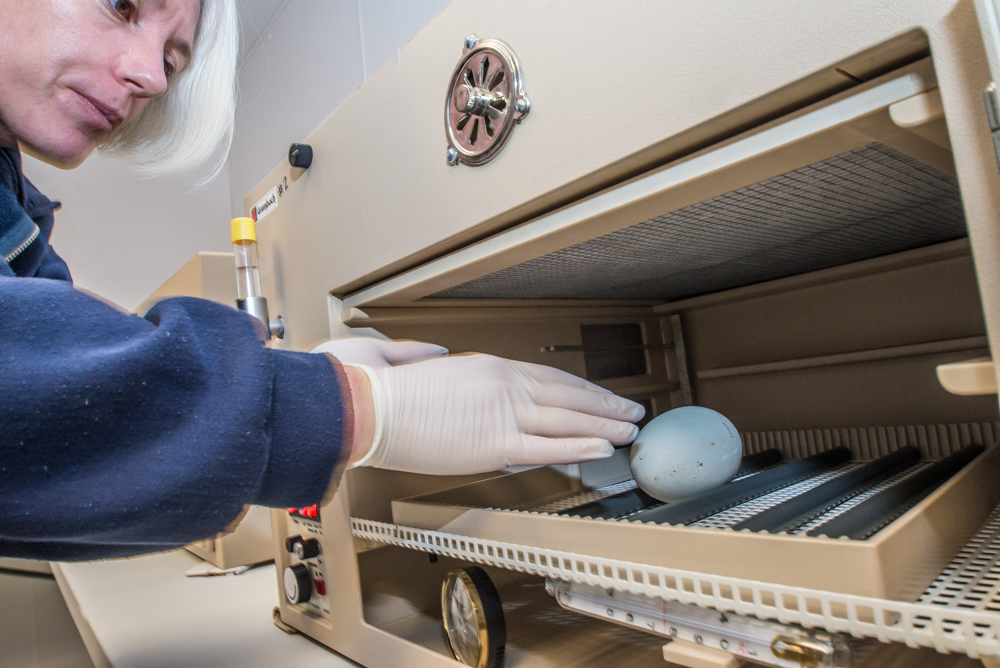Molly has given herself quite a reputation. And it isn’t a good one, either.
She’s known for her late nights out at clubs and raves, her close relationship with trap music and her heaven-like effects that leave people with feelings of ecstasy. She is known to leave people in a state of euphoria, and she causes hour-long rolls.
She’s known to make colors seem more beautiful. She causes sounds to connect to users in deeper ways. She allows feelings to present themselves strongly. Molly’s reputation also worsens, as she is also known for her after-effects of necrotic behavior, panic attacks and dehydration that can cause hyponatremia, or low sodium levels, and may eventually lead to death.
Sadly, Molly isn’t known for her reputation regarding post-traumatic stress disorder and psychotherapy. In fact, instead of focusing on the positive effects of Molly in a therapeutic, controlled environment, she is discredited and stigmatized for the ways in which she is abused and used incorrectly.
MDMA, more commonly known as Molly, is a synthetic compound that creates feelings of trust and empathy. It reduces activity in the amygdala, which is the fear processing center of the brain, and increases activity in the frontal lobe where rational thoughts are created. The drug releases oxytocin and prolactin, hormones that create emotions of bonding and love.
PTSD is a psychiatric disorder resulting from extremely traumatic events such as war, sexual abuse, violent crime, childhood abuse or other stressful events.
Those suffering from PTSD experience reduced activity in the hippocampus, a region of the brain responsible for memory functions. PTSD patients are unable to differentiate between past and present events, and they incorrectly interpret their environment.
They experience flashbacks. PTSD creates permanent changes in the prefrontal cortex where emotional information coming from the
amygdala is regulated. These changes cause victims to experience increased feelings of fear, anxiety and experience extreme stress responses when they experience stimuli associated with the past traumatic event.
MDMA psychotherapy is a technique which combines intensive therapy sessions with the distribution of pure MDMA. Because the drug reduces activity in the amygdala, reducing fear and controlling rational thoughts, MDMA allows victims of PTSD to relive traumatic memories without experiencing feelings of fear or anxiety.
After reconsolidating the memory, the feelings of fear no longer exist. This allows victims of PTSD to recreate their traumatic memories. Although the memory itself still remains, the feelings of fear have disappeared.
MDMA psychotherapy allows victims to also speak openly and freely, divulging truthful feelings that strengthen trust between therapist and patient.
MDMA was originally used in 1970 as a therapeutic drug. After its popularity grew recreationally, the Drug Enforcement Administration declared MDMA as a Schedule 1 drug. However, in 2004, research regarding MDMA psychotherapy began specifically targeting the effects of MDMA on victims of PTSD.
In a study conducted in 2004, patients were unknowingly given either MDMA or a placebo, yet both underwent the same type of psychotherapy and the same approach. After the session, 25 percent of those who had received the placebo were free from PTSD at the end of treatment, while 83 percent of those who had received MDMA no longer met the requirements for PTSD.
These sessions are conducted in eight-hour sessions once a week. After being distributed one pill of MDMA, victims would undergo conventional psychotherapy. After three months of MDMA-assisted psychotherapy, studies have shown not only a significant decrease in PTSD, but in some cases, some were rid of the disorder altogether.
Unlike other approaches used to treat PTSD, including the life-long anti-depressants and anxiety pills, MDMA may successfully cure PTSD and rid victims of the disorder altogether.
Turns out Molly may have a lot more to offer than we give her credit for. In fact, she may not be the party drug society has stigmatized her to be. She may be the answer to one of the most life disabling disorders caused from traumatic events.
I think it’s time to let Molly redeem herself. I’d much rather a person become cured from traumatic events in a matter of months than stifling a disorder with pills for the remainder of their life. Wouldn’t you?




